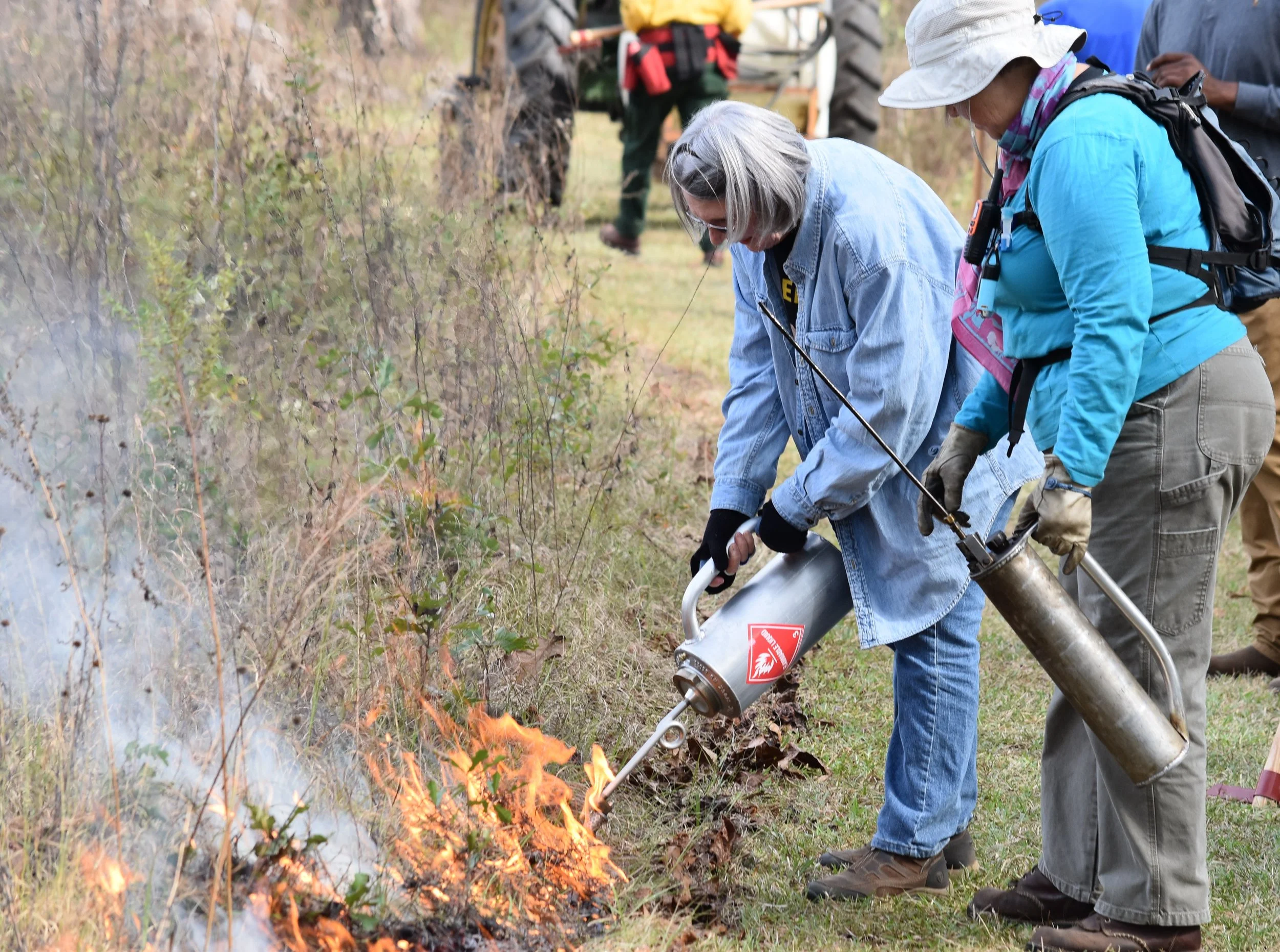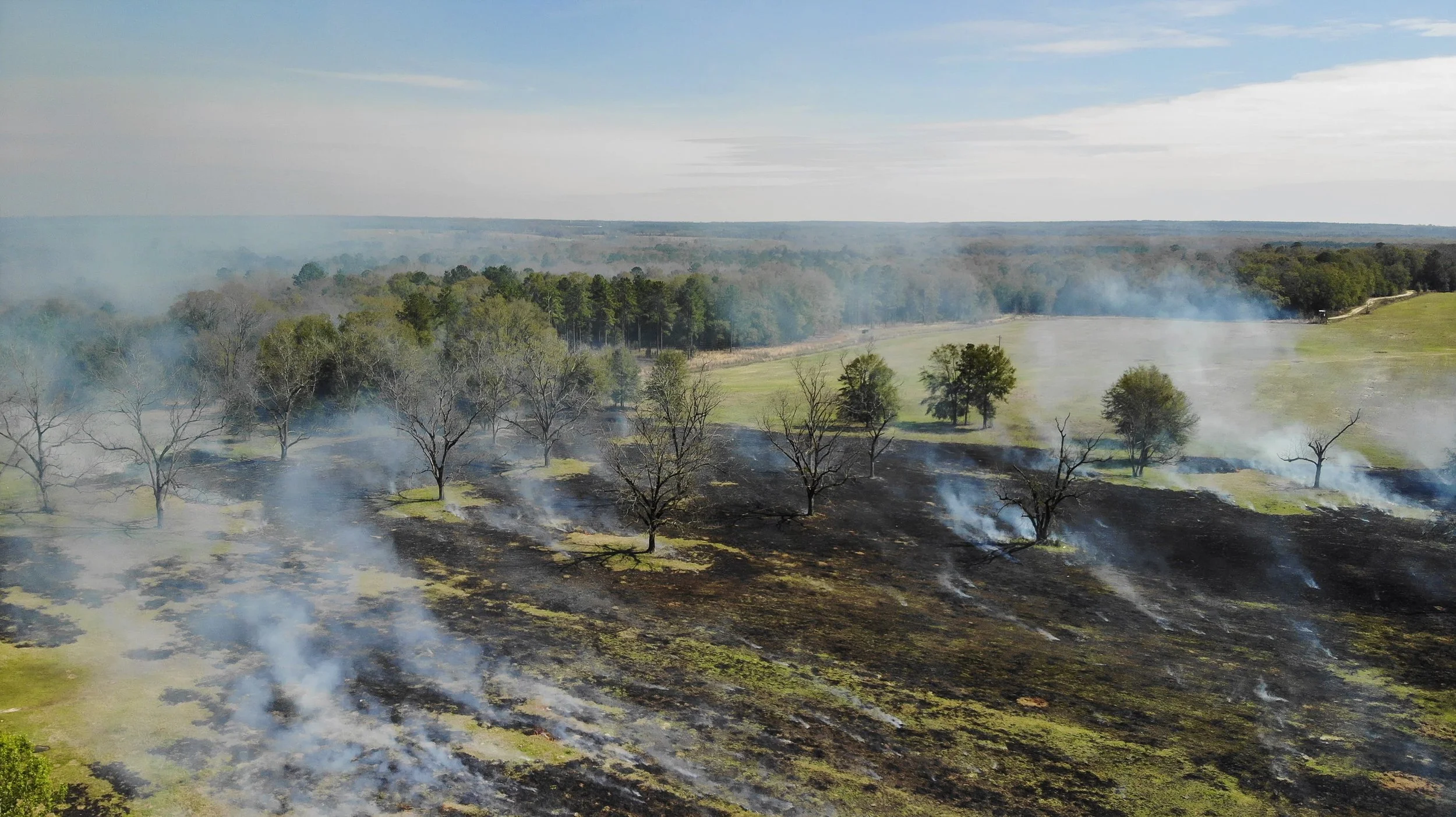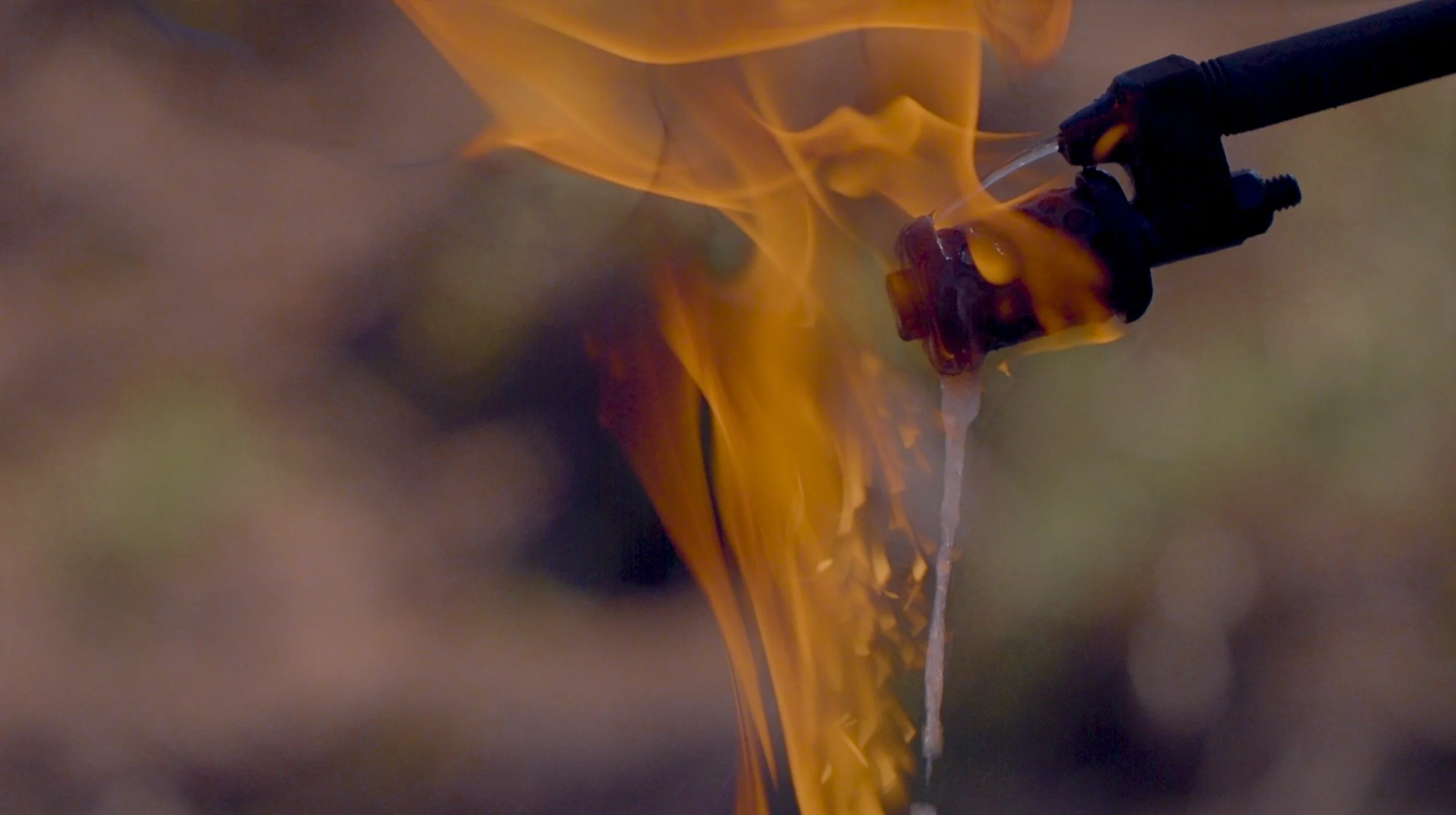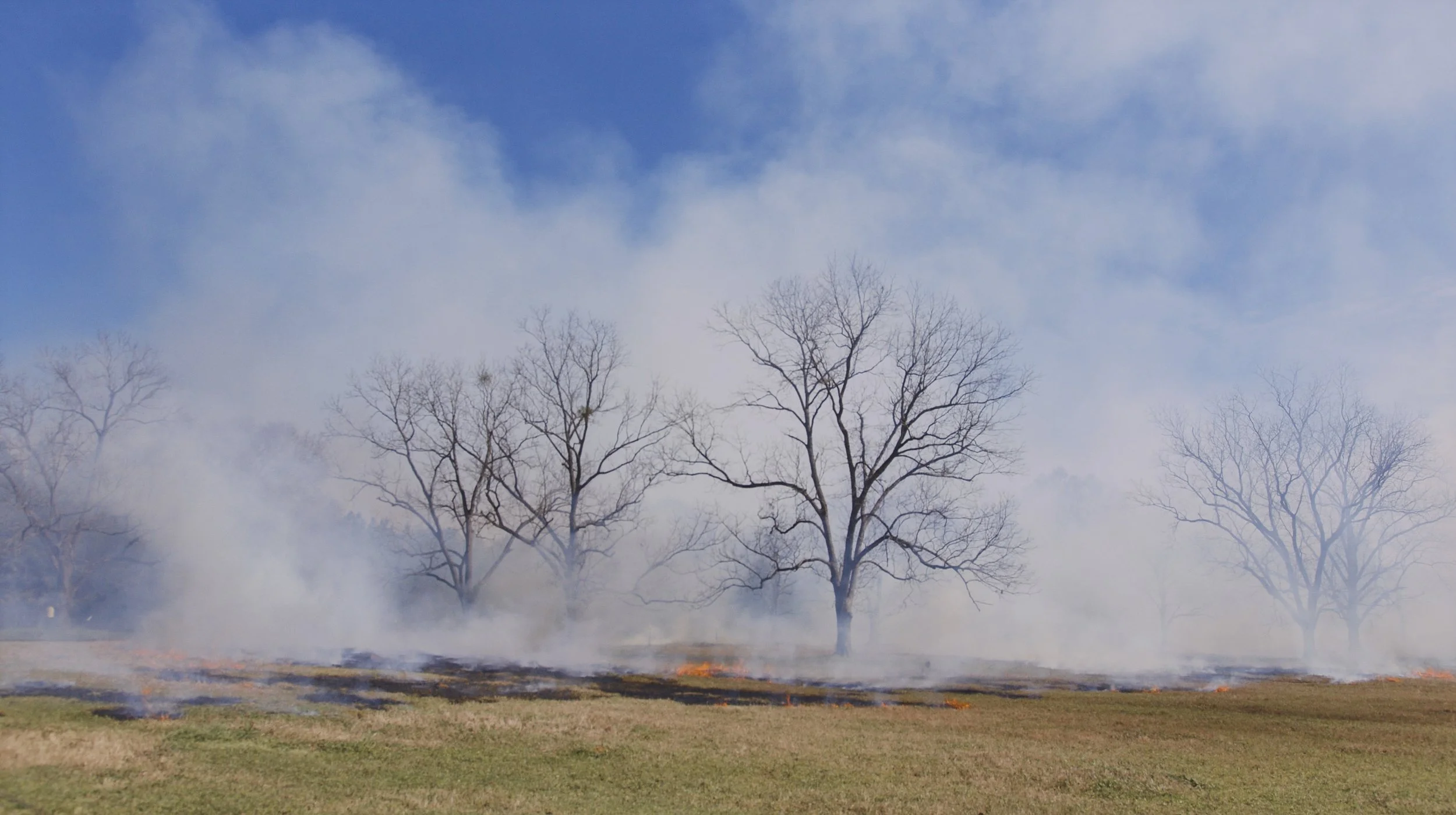
Who is the Southwest Georgia Prescribed Burn Association?
The Southwest Georgia PBA is a community-driven organization of private landowners, professional burners, and conservation stewards that can help you learn basic and advanced techniques of applying prescribed fire, as well as assist with coordinating cooperative prescribed burning among PBA members
Prescribed fire is one of the most important tools to be harnessed by mankind. Southeast ecosystems depend on seasonal fires. The association will focus on issues and concerns regarding prescribed burning, promote public understanding of the benefits of fire, fire safety measures and protocols, technical resources, and programs to assist the landowners.
The Natural Role of Fire
Forest lands constitute significant economic, biological, recreational, and aesthetic resources. Fire plays an important role in nutrient cycling, diversity maintenance, and habitat structure. The suppression of fire can lead to unforeseen changes in ecosystems that often adversely affect plants, animals, and humans. Fire is as natural as sunshine, rain, and wind in many ecosystems including upland pine, pine flatwoods, marshes, and wet prairies where plants and animals depend on fire.
Fire also benefits many rare species in our state that are declining. Some of these declines are caused almost totally by fire exclusion. Frequent fires prevent the build-up of flammable fuels in the forest that set the stage for destructive wildfires when ignition does occur.
What is Prescribed Fire?
Prescribed Fire is a safe and cost-effective way to ensure ecosystem health and reduce wildfire risk. Prescribed burning is carried out by experienced, trained, and certified fire managers on public and private lands across Georgia. The professionals assess forest conditions, determine the type of fire needed and then write a “prescription” for the application of fire. Prescribed burns are permitted by the Georgia Forestry Commission (GFC) depending upon predicted weather conditions and safety measures to be used.
Smoke Management
Prescribed fire managers carefully plan to minimize any potential smoke impacts on public health and safety.
Prescribed fire activity is conducted when weather conditions are optimal for smoke dispersion. Wildfires, on the other hand, usually occur under extreme weather conditions that negatively impact fire fighter and public safety. Well-timed prescribed fires reduce the risk of catastrophic wildfires and the resulting smoke impacts to air quality by removing the hazardous buildup of wildland fuels.
BENEFITS OF PRESCRIBED FIRE
Maintains healthy forests
Mitigates wildfire risks by managing fuel load
Maintains quality wildlife habitat
Improves timber stand access and aesthetics
Utilized to prepare sites for tree planting
Controls tree diseases
Controls insects
Perpetuates fire-dependent ecosystems and associated species




